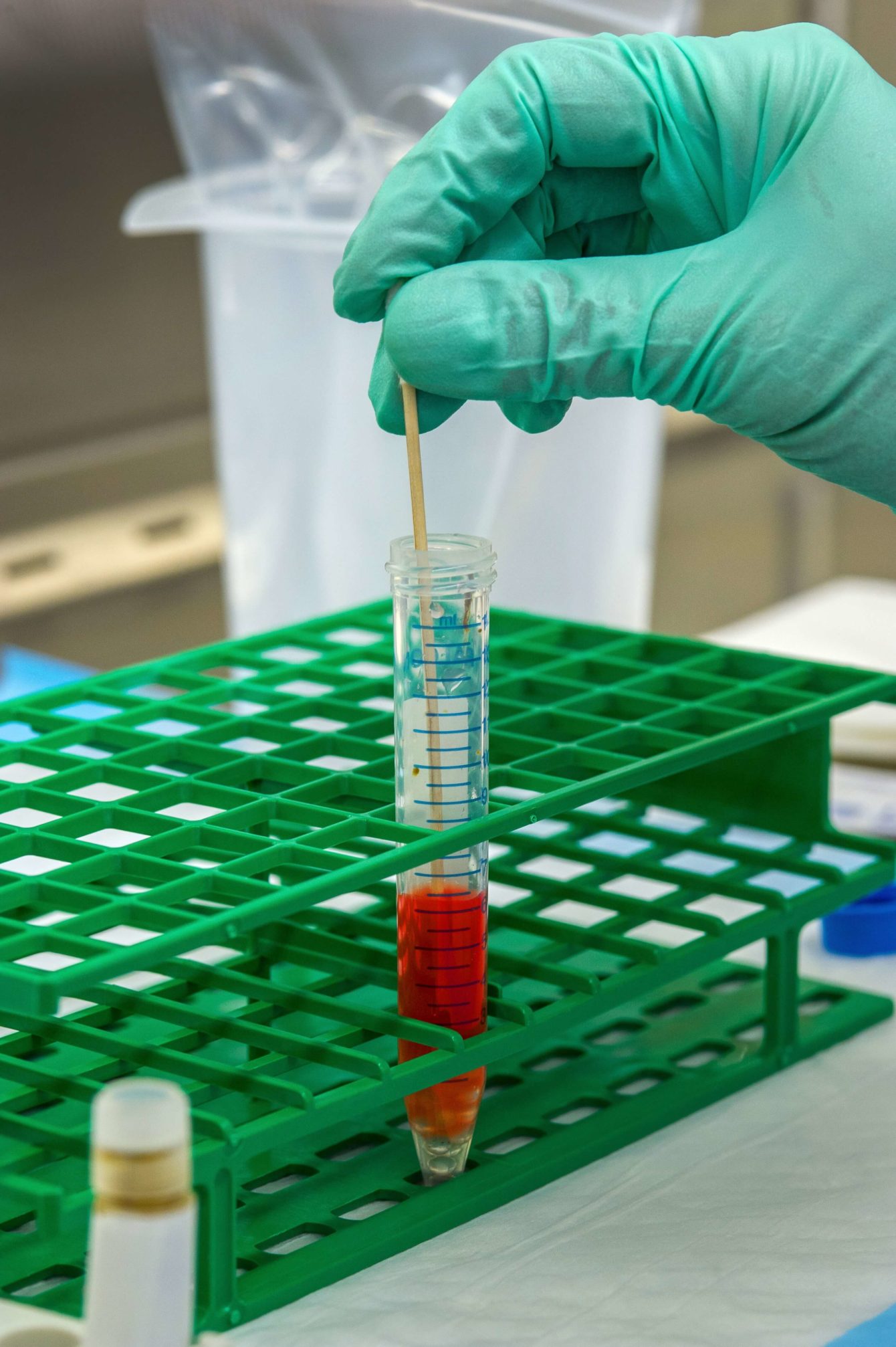DiagnosticInnovation Serum keratin-18 as a biomarker to identify alcoholic hepatitis

New research has shown that serum keratin-18, which is easily detectable in the blood, is a useful biomarker to identify alcoholic hepatitis, offering the opportunity for expedited treatment and better outcomes.
Alcoholic hepatitis (AH) is a very serious clinical syndrome which typically has up to a 40% mortality rate within six months. It is therefore imperative that the condition is diagnosed quickly in order for the patient to begin treatment. While there are currently ways to diagnose AH, these have either modest performance when predicting outcomes, or are accurate but expensive and impractical in the form of liver biopsy.
Capitalising on the framework of another AH trial that had collected histological samples and relevant controls, research collaborators from Nottingham, Hannover, Aachen, Cambridge, UCL and Imperial College London quantified the amount of keratin-18 (K18) in the blood. Alongside NIHR Imperial BRC Director, Professor Mark Thursz, the group of researchers found that two different types of K18 were associated with 90-day mortality and were independent of age and other models.
Other than being predictive, the serum levels were able to identify whether prednisolone, a corticosteroid used to as a treatment for these patients would be beneficial or harmful, as was shown with low K18 levels.
This research is very promising for the future of AH treatment as the presence of K18 can help with clinical decision making and personalisation of treatment. Future work will look at whether the degree of injury and inflammation might determine the prognosis of patients with AH and identify individuals who will benefit from corticosteroid therapy.
More information can be found in the original article, published in The American Journal of Gastroenterology.
